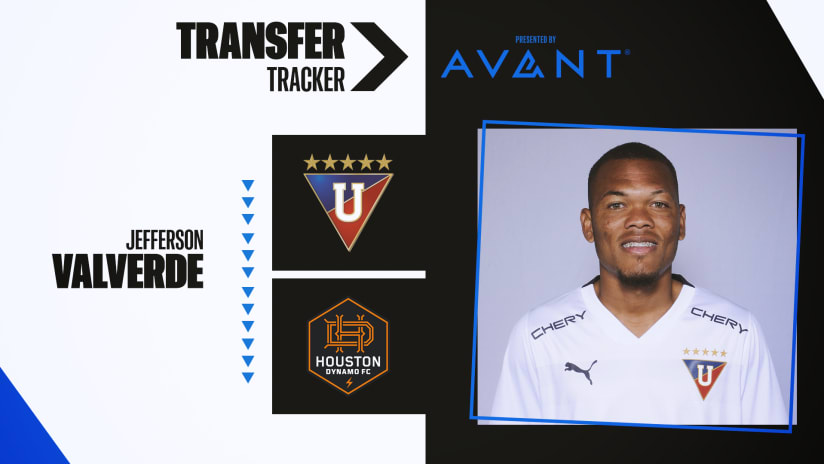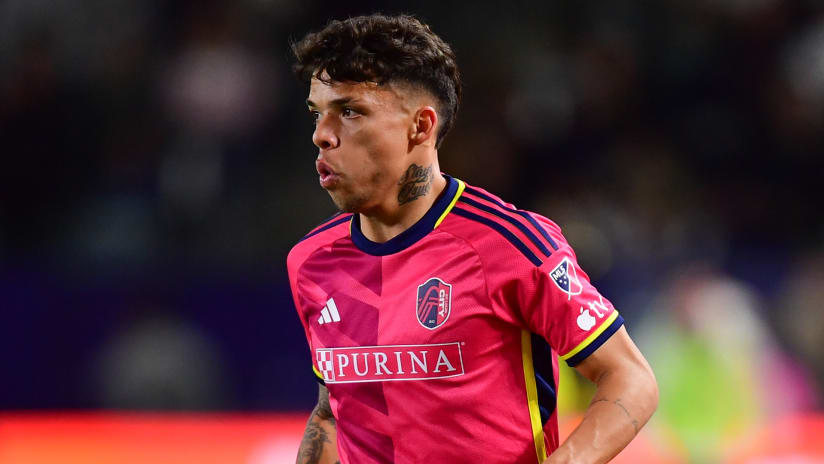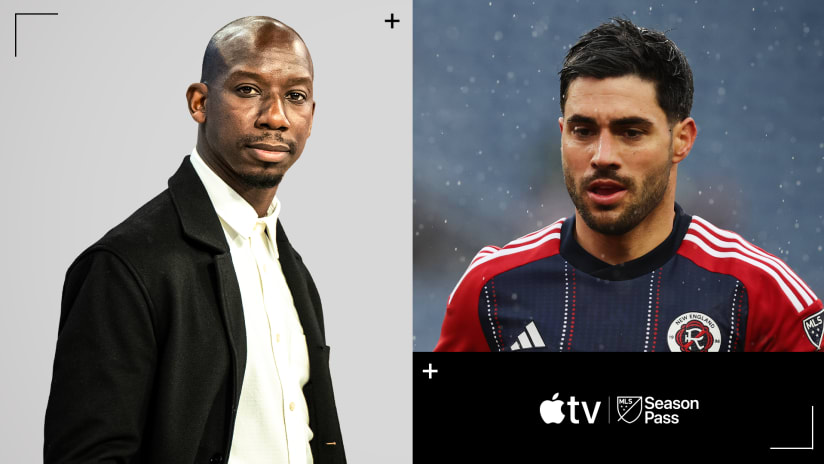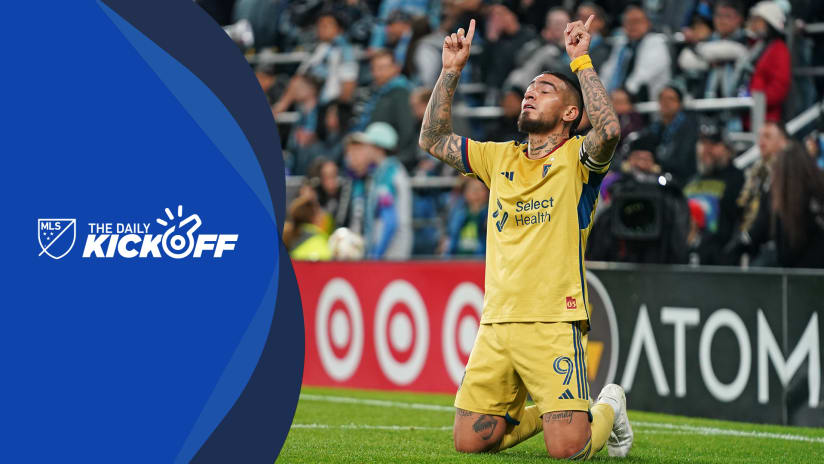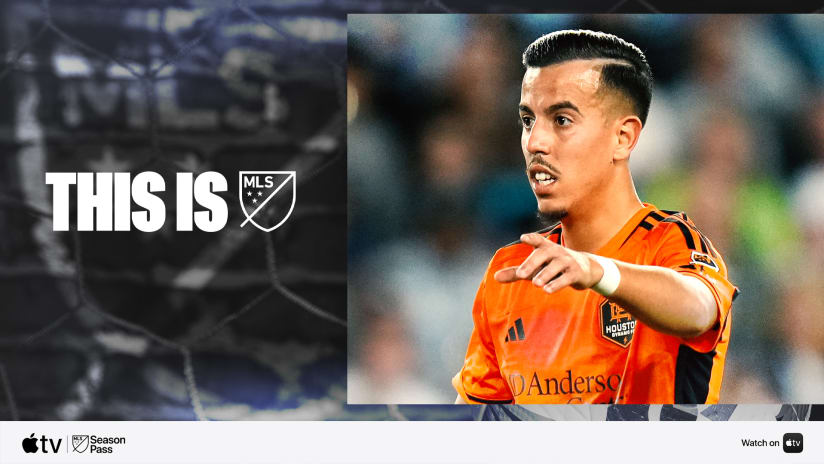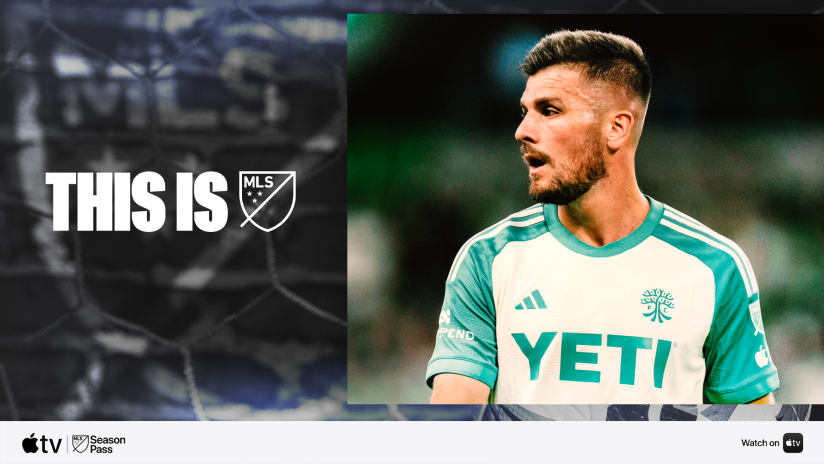Our number this time around is six, which is the number of points separating first and last place in the MLS Eastern Conference. If the season ended today, not only would we be really, really surprised, but the Fire would still hang on to the fourth and final playoff spot despite a seven-game winless streak in league play. As if that weren't enough, the "Men in Red" are only a win and a tie away from first place, assuming nobody else in the East gets a point in their next two games.
Which isn't that crazy of an assumption. Seriously, if I had a nickel for every time I've commented on how, despite not getting the result, the team hadn't lost any ground in the conference table, I'd be able to buy a major metropolitan Sunday newspaper mysteriously devoid of soccer stories. Drop a tough one against the Galaxy? That's happened twice. The first time on June 12, the Metrostars and Revolution both lost, D.C. and Columbus both tied. No problem. The second time (June 27), the last-place Revs knocked off the Metrostars while the Crew lost and D.C. tied. After tough losses to both Dallas and Columbus earlier in the season, the Fire were even able to hang on to first place. Parity means never having to give up hope.
This begs the question, what's really going on in the East? With all five squads faring no better than third if they were in the West - the first-place Metrostars are only three points ahead of the Western cellar-dwelling Dallas Burn, and boy, do I love saying "Western cellar-dwelling Dallas Burn" - is this a case of the Western Conference teams, and particularly the West Coast teams, being that much better?
The answer is no. And yes. Those two losses to Los Angeles point to the dominance of both the Galaxy and their neighbors to the north in San Jose. Which means the other three teams out West aren't quite as competitive, or at least would be right in the thick of things with their Eastern counterparts. On the other hand, when you look at the two Western leaders, you see perhaps a type of player that's lacking throughout the rest of the league, and that's a real impact player. Landon Donovan and Carlos Ruiz, in particular, are guys who can change a game like very few others in MLS.
See, there's a difference between just putting points on the board and carving your initials in the grass - or if you're in the Meadowlands, the artificial turf - and a lot of teams don't have that guy. This is about more than just ability, this is also about presence. Going down the Eastern rosters, there's not a lot. Simon Elliot and Robin Fraser were able to bring some of it to Columbus, which eventually got them off the ground, but it still doesn't seem like enough. D.C. has it sporadically with Ryan Nelsen when he's in the lineup. The MetroStars have a great attacking midfielder in Amado Guevara, but he falls short of being the "field general" that, say, Peter Nowak was with the Fire.
Looking at the Fire's offseason departures, Zach Thornton and Carlos Bocanegra - both back in town for the U.S. vs. Poland friendly a couple of weeks ago - added that presence to the 2003 Supporters Shield and Open Cup winners, and that's one of the factors that's still missing this year. Don't get me wrong, Henry Ring is a great goalie - with impeccable taste in local cover bands, I might add - but there was a little something extra that Thornton added to the mix.
A lot of this is simply a factor of experience. Last season was, by all accounts, a bumper crop of youngbloods making their mark on the league, but once the novelty wears off, guys have to step up and steadily contribute. I have no doubt that second-year players like Damani Ralph, Alecko Eskandarian, Eddie Gaven and Pat Noonan can grow into the kinds of players that consistently go for the throat at every opportunity, but they're not quite there yet. This is why there's such a Rookie of the Year buzz about Clint Dempsey. Not only does the New England midfielder have skills, but he's willing to take control of the game. A lot of rookies, perhaps out of deference, perhaps out of fear, tend to let the game come to them. For some, that's probably good. For others, it adds to a palpable sense of temerity that isn't helpful when you're trying to get that insurance goal or stave off a comeback.
As a result, I think we're seeing lots of teams not quite able to hang on to that result toward the end of games, the Fire definitely included. As some of these teams grow older - and remember that the Fire, Metrostars and D.C. are the youngest rosters in the league - I think we'll see the emergence of more of these impact players. For the Fire in particular, either adding a new player with an allocation or getting somebody to step up this summer who can really stamp their mark on this team could mean all the difference in a season where either extreme is well within reach.
Chris Costello is a contributor to Chicago-Fire.com




